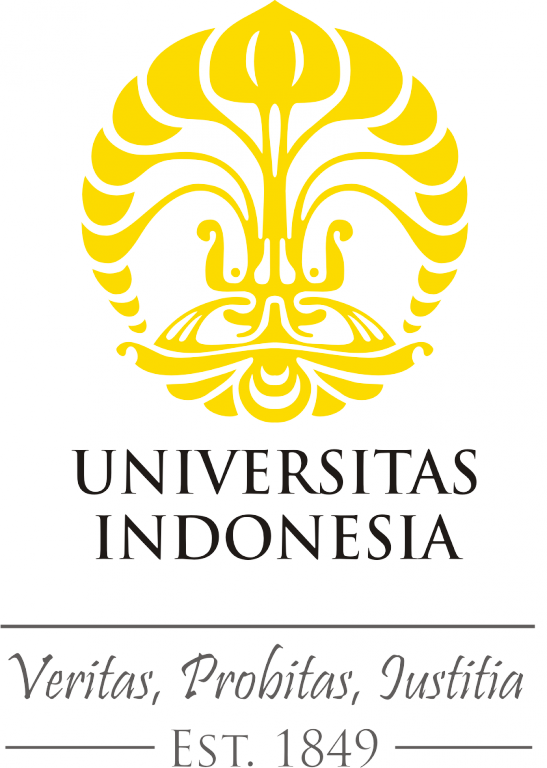
Library Automation and Digital Archive
LONTAR
Fakultas Ilmu KomputerUniversitas Indonesia


| Call Number | SK-0803 (Softcopy SK-285) Source code SK-258 |
| Collection Type | Skripsi |
| Title | Desain dan simulasi indonesia education grid dengan gridsim toolkit |
| Author | Ivo Bahar Nugroho; |
| Publisher | Depok: Fasilkom UI, 2009 |
| Subject | Grid computing |
| Location | FASILKOM-UI; |
| Nomor Panggil | ID Koleksi | Status |
|---|---|---|
| SK-0803 (Softcopy SK-285) Source code SK-258 | TERSEDIA |